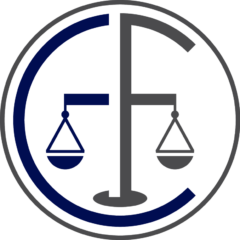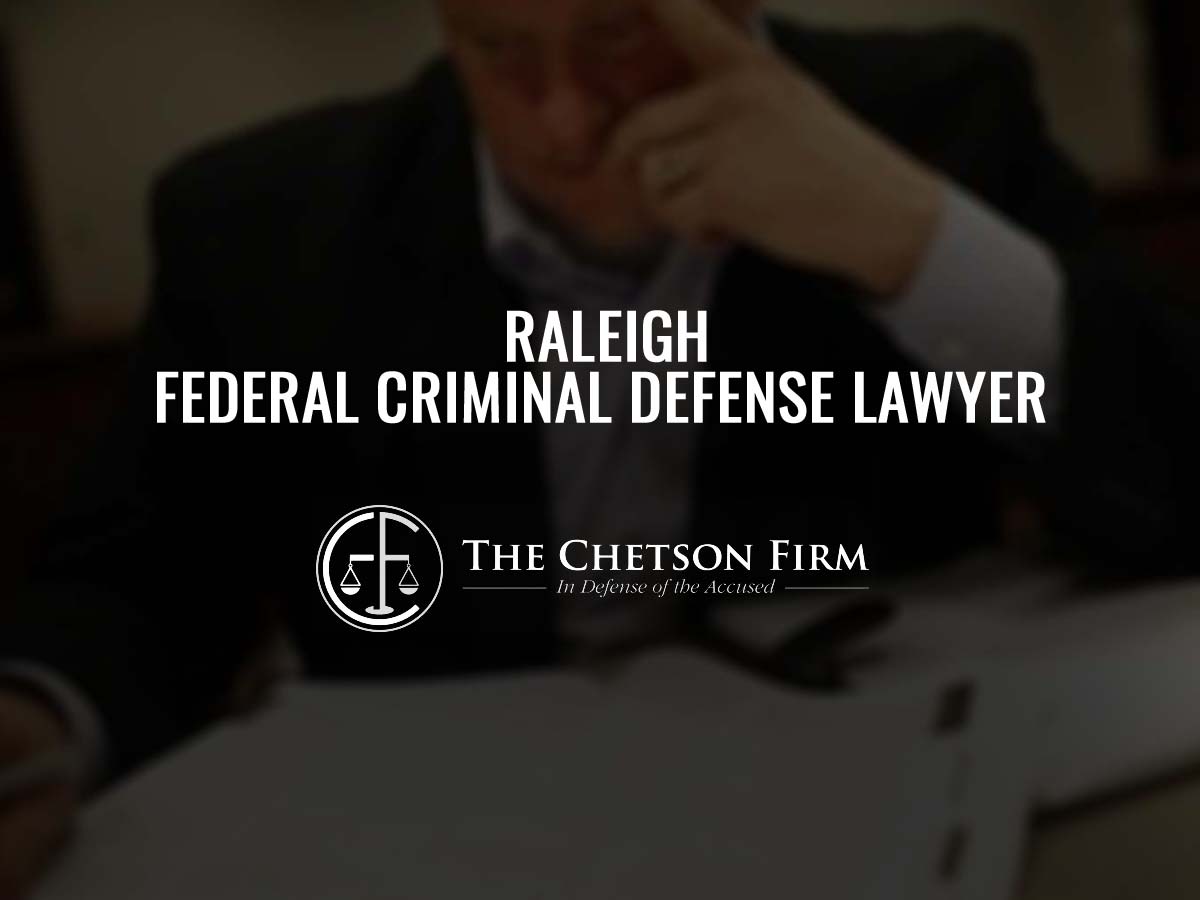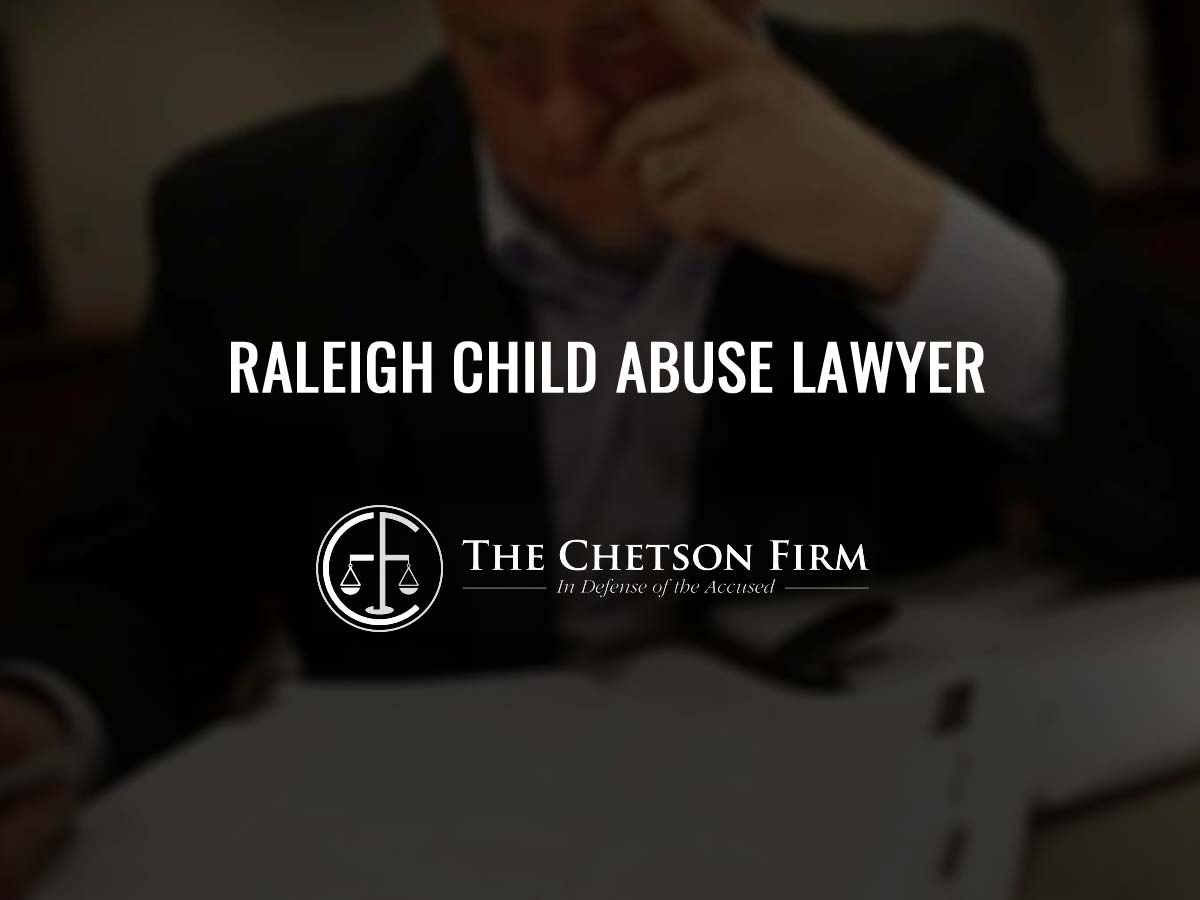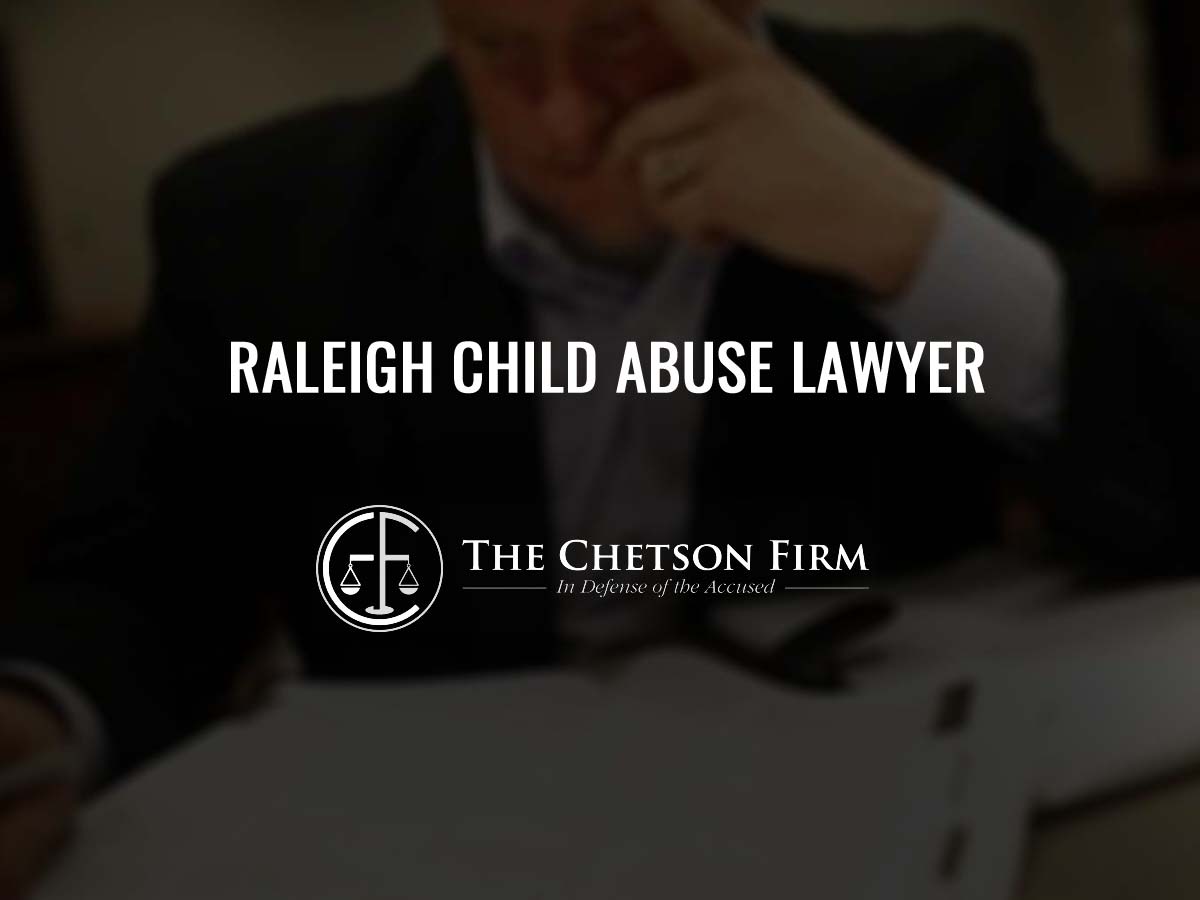NOTE: This post has some outdated information based on updates to North Carolina expungement law in the past several years. Contact us for updated information.
Expungement, or expunction, is the processes by which you can remove arrests or convictions from your record. Most people charged with a crime are anxious about the impact to their job, ability to get an apartment, and ability to get into school and get financial aid. Fortunately, in recent years, the North Carolina Legislature has expanded who is eligible for an expungement of criminal charges and convictions.
While expungements are still very limited, there are circumstances within which someone could potentially clear their criminal record.
- Anyone age 16 or older is an “adult” for criminal purposes in North Carolina. However, if the offense date occurred prior to the age of 18 and is a misdemeanor offense, it may be expungeable under NCGS 15A-145 provided it is a first offense.
- Anyone may expunge a charge that has been dismissed or where there are findings of not-guilty by a jury or judge. However, a person may only be granted a single expungement in his or her lifetime in North Carolina. If the person has previously enjoyed an expungement in North Carolina, he may not apply for a new North Carolina expungement even if the case is dismissed or expunged. Note that sometimes defendants will give up the right to an expungement in order to enter a deferred prosecution agreement. This usually occurs in Domestic Violence cases, where the person has given up his right to an expungement in order to earn a dismissal. NCGS 15A-146.
- Anyone may expunge a non-violent misdemeanor conviction (Class 1 through 3 misdemeanors only) or non-violent felony conviction (Class H and I felonies only). Sex offenses, certain drug offenses, and offenses where violence is an element of the crime (including assaults) are excluded. Multiple offenses can be expunged as part of the single process so long as they were resolved in the same session of court and arise from the same transaction or set of transactions.
If the person was under the age of 18 at the time of the felony offense, the person must wait at least 4 years following the end of the active sentence, probation, or Post-Supervision Release phase. The person must also complete 100 hours of community service.
If the person was over the age of 18 at the time of the felony offense, the person must wait 15 years following the end of the active sentence, probation, or Post-Supervision Release phase.
To be eligible, individuals in either case need to have a clean criminal history from the date of the conviction that is being expunged, meaning no further convictions other than traffic violations. Convictions can be expunged 15 YEARS from conviction date or completion of any sentence, whichever is later.
To receive an expungement following a conviction, individuals must do the following:
- File a petition with the court where the person was convicted. If you were convicted in Wake County, you must file in Wake County.
- The petitioner must write an affidavit that he/she has been of good moral character since the date of conviction
- Affidavits from two people that are not related to the petitioner stating that they know the character and reputation of the individual as being good
Completion of a form authorizing a background check to search for convictions and outstanding warrants
An affidavit from the petitioner stating that there are no outstanding restitution orders or civil judgments arising from the offense.
Once the petition for expungement has been received by the court, the District Attorney has 30 days within which to file any objections. If no objections are filed, the petition will be approved, allowing convictions to be removed from local and statewide databases. See NCGS 15A-145.4 and NCGS 15A-145.5 for more information on felony expunctions.
Note that the law is somewhat complicated, and having had a prior expungement under certain other provisions of NC law may exclude someone from filing a second petition.




